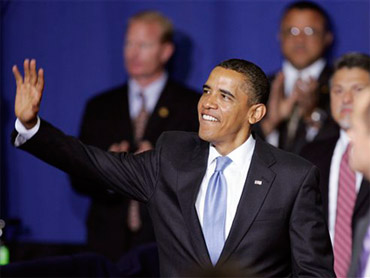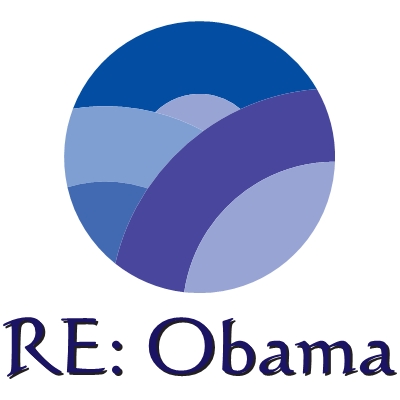 THE PRESIDENT: Hello, Portsmouth! Thank you. (Applause.) Thank you so much. Everybody have a seat. Oh, thank you so..
THE PRESIDENT: Hello, Portsmouth! Thank you. (Applause.) Thank you so much. Everybody have a seat. Oh, thank you so..
AUDIENCE MEMBER: We love you!
THE PRESIDENT: I love you back. Thank you. (Laughter.) It is great to be back in Portsmouth. (Applause.) It’s great to be back in New Hampshire. I have to say, though, that most of my memories of this state are cold. (Laughter.) So it’s good to be here in August.
There are a couple of people that I want to acknowledge who are here today, some special guests. First of all, I want to thank principal Jeffrey Collins, and the Portsmouth students and faculty and staff. (Applause.) Thank you — our host for today. Your own outstanding governor, John Lynch is here. (Applause.) And his wonderful wife, Dr. Susan Lynch is here, the First Lady of New Hampshire. (Applause.) Your United States senator, doing a great job, Jeanne Shaheen is here. (Applause.) The governor of the great state of Maine, and we are glad he’s here in New Hampshire today, John Baldacci is here. (Applause.)
Two of my favorite people, they are just taking Congress by storm, outstanding work — Paul Hodes, Carol Shea-Porter — give them a big round of applause. (Applause.) And we’ve got your own mayor, Tom Ferrini is here. Where’s Tom? There he is. (Applause.)
Now, I want to thank more than anybody, Lori, for that introduction, and for sharing her story with the rest of us. (Applause.) Thank you, Lori. Lori’s story is the same kind of story that I’ve read in letters, that I’ve heard in town hall meetings just like this one for the past five years. In fact, some of you were in that town hall — those town hall meetings, as I was traveling all throughout New Hampshire. It’s the story of hardworking Americans who are held hostage by health insurance companies that deny them coverage, or drop their coverage, or charge fees that they can’t afford for care that they desperately need.
I believe it is wrong. It is bankrupting families and businesses, and that’s why we are going to pass health insurance reform in 2009. (Applause.)
Now, this is obviously a tough time for families here in New Hampshire and all across America. Six months ago, we were in the middle of the worst recession of our lifetimes. I want you to remember what things were like in January and February. We were losing about 700,000 jobs per month. And economists of all stripes feared a second-coming of the Great Depression. That was only six months ago.
That’s why we acted as fast as we could to pass a Recovery Act that would stop the freefall. And I want to make sure everybody understands what we did. One-third of the money in the Recovery Act went to tax cuts that have already started showing up in the paychecks of about 500,000 working families in New Hampshire — (applause) — 500,000 families in New Hampshire. We also cut taxes for small businesses on the investments that they make, and over 300 New Hampshire small businesses have qualified for new loans backed by the Recovery Act.
Now, that was a third — that was a third of the Recovery Act. Another third of the money in the Recovery Act is for emergency relief for folks who’ve borne the brunt of this recession. So we’ve extended unemployment benefits for 20,000 New Hampshire residents. (Applause.) We’ve made health insurance 65 percent cheaper for families who rely on COBRA while they’re looking for work. (Applause.) And for states that were facing historic budget shortfalls, we provided assistance that has saved the jobs of tens of thousands of workers who provided essential services — like teachers and police officers. (Applause.) So it’s prevented a lot of painful cuts in the state, but also a lot of painful state and local tax increases.
Now, the last third of the Recovery Act is for investments that are already putting people back to work. These are jobs refurbishing bridges and pavement on I-95; or jobs at the community health centers here in Portsmouth that will be able to add nurses, and extend hours, and serve up to 500 new patients. These are good jobs doing the work America needs done. And, by the way, most of the work is being done by private, local businesses, because that’s how we’re going to grow this economy again.



